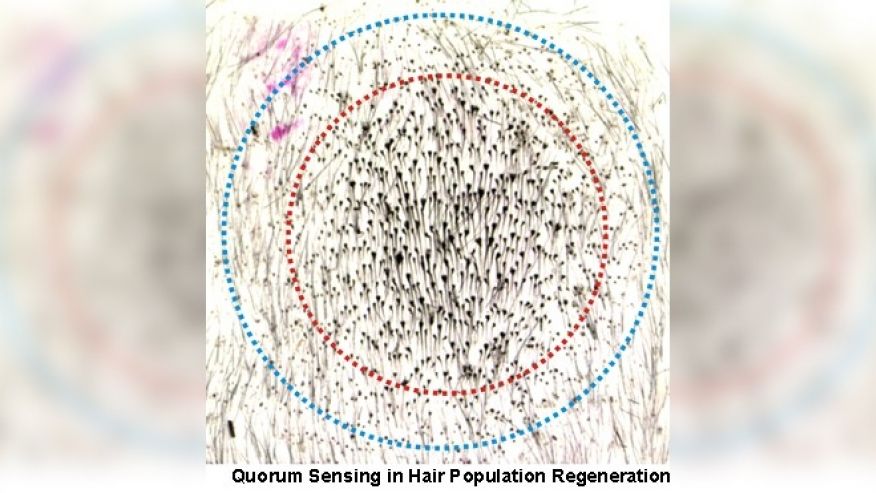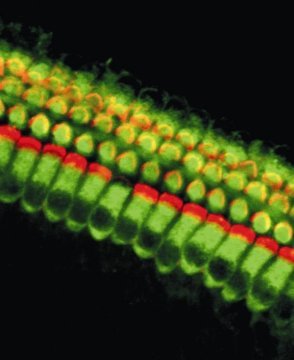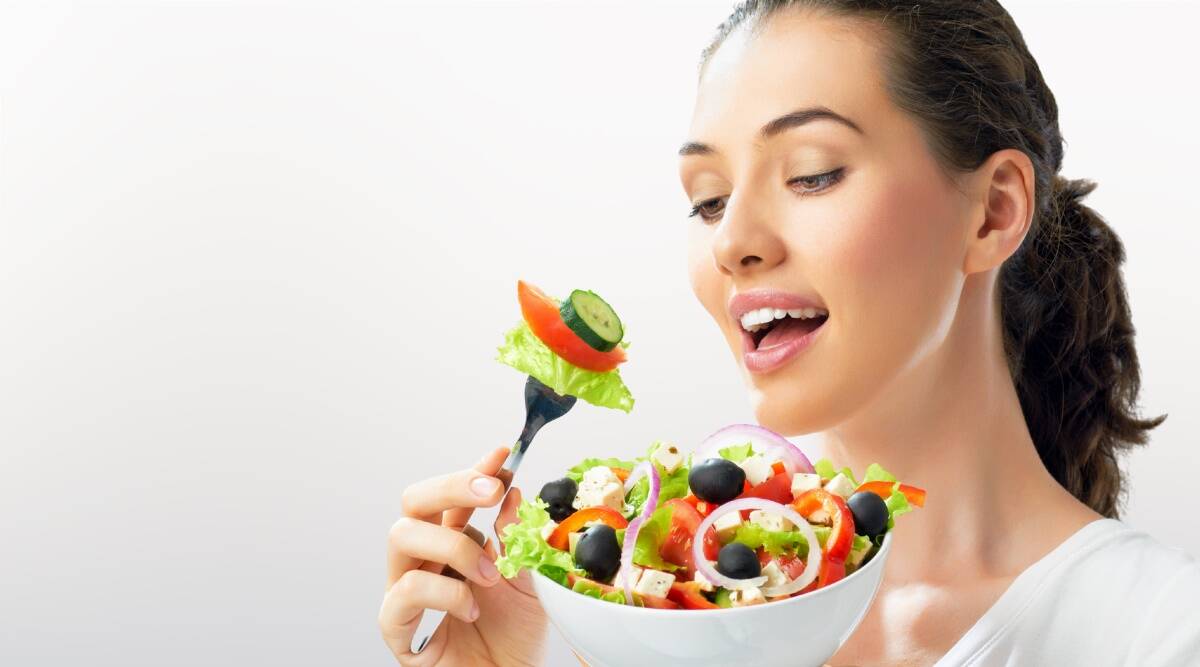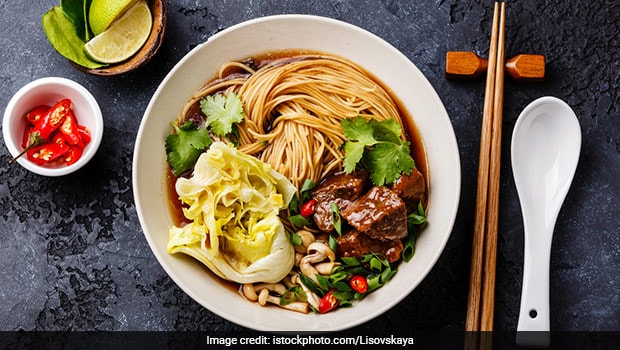
It’s no miracle to see many people enjoying a healthy life in their 90s and 100s in Japan. Not only are the people in Japan known to live long lives but they also boast of ageless beauty. Is there a secret behind their good health and charm? We found something worth sharing.
Okinawa is the largest island among the Ryukyu Islands of Japan. People from Ryukyu are known for their highest life expectancy rate in the world and the credit primarily goes to their traditional diet plan and eating habits. They strive to maintain their BMI (Body Mass Index) at 20-21 right through their early adulthood until middle age, decreasing the risk of many lifestyle diseases and ailments. Here is a breakdown of all the secrets that you can poach from the Okinawa diet, no matter where you live.
1. Follow the ‘Hara Hachi Bu’ rule
Eat till you are 80% full. This is the primal advice given by the Okinawa grandmothers. A lot of studies show that our brain takes a few minutes to feel that our stomach is full and during this time lapse we end up over-stuffing ourselves. So, when you feel 80% full you are actually bellyful and must stop eating and give time to your brain to process. Bangalore-based Nutritionist Dr. Anju Sood shares, “As you age, the metabolic rate of your body decreases and during this time it is great to follow the ‘Hara Hachi Bu’ rule. It can help in preventing obesity and unnecessary weight gain.”
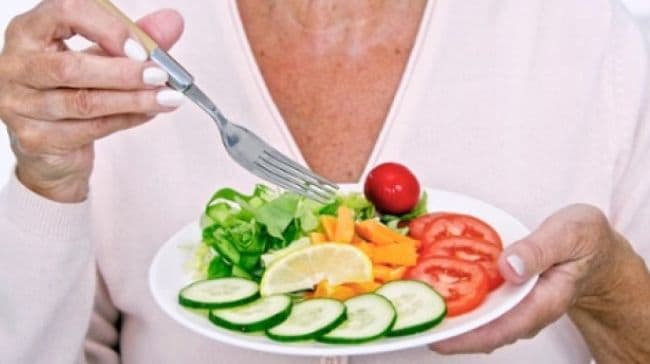
Eat till you are 80% full.
2. Maintain a nutrient balance
The basis of the Okinawa diet is nutrient rich food. Okinawans believe that the human body needs a variety of nutrients and a balance needs to be maintained amongst them. Therefore, their diet primarily focuses on vegetables. They have sweet potatoes, green and yellow veggies, fruits, medicinal plants and beans as staples. Almost 90% of the diet plan they follow is vegetarian but there is seafood too. It is high in anti-oxidants, vitamins and minerals and low in fat and sugars. This practice results in less free radical damage in the body and hence, prevents the aging of body cells. Moreover, the Okinawa diet suggests that you should eat smaller portions and more frequently through the day.
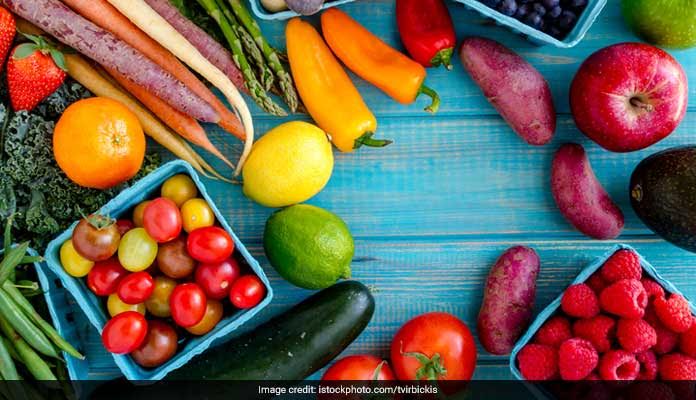
The basis of the Okinawa diet is nutrient rich food.
3. Know the type of food
Okinawans have categorised food into four types according to their calories and the portion size that should be taken. These categories are as follows:
Featherweight: As the name suggests, food items which have less than 0.8 calories per gram are included in this group. One can have many servings of such foods during the day. This includes foods such as spinach, cucumber and other low calories veggies, citrus fruits like orange and more.
Lightweight: These foods have 0.8 to 1.5 calories per gram and therefore, moderate intake is encouraged. These include banana, potato, sweet potato and more.
Middleweight: Foods that contain 1.5 to 3.0 calories per gram belong to this group. Wheat and other cereals, legumes and lean meat are some examples. These foods are recommended but you must keep a close watch on the portion size.
Heavyweight: The last category consists of foods that have 3 to 9 calories per gram and you are advised to eat them prudently. This comprises of oils, nuts, oil seeds, red meat, sweets and processed foods and condiments. A traditional Okinawa diet bars the intake of these foods.
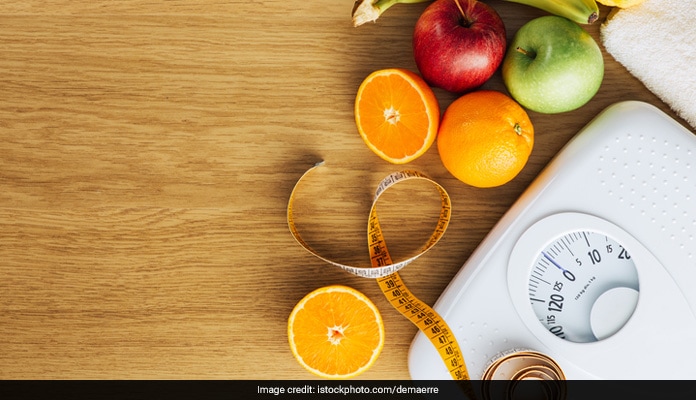
Okinawans have categorised food into four types according to their calories
The Okinawa diet also limits the consumption of grains and dairy products that have become the cause of many allergies and are believed to trigger inflammation in the gut. But we’ll leave it up to you to devise an ideal diet plan for yourself keeping your lifestyle in mind. We can tell you that these diet rules aren’t too hard to follow and they may have a positive impact on your overall health.
[“source=food.ndtv”]





